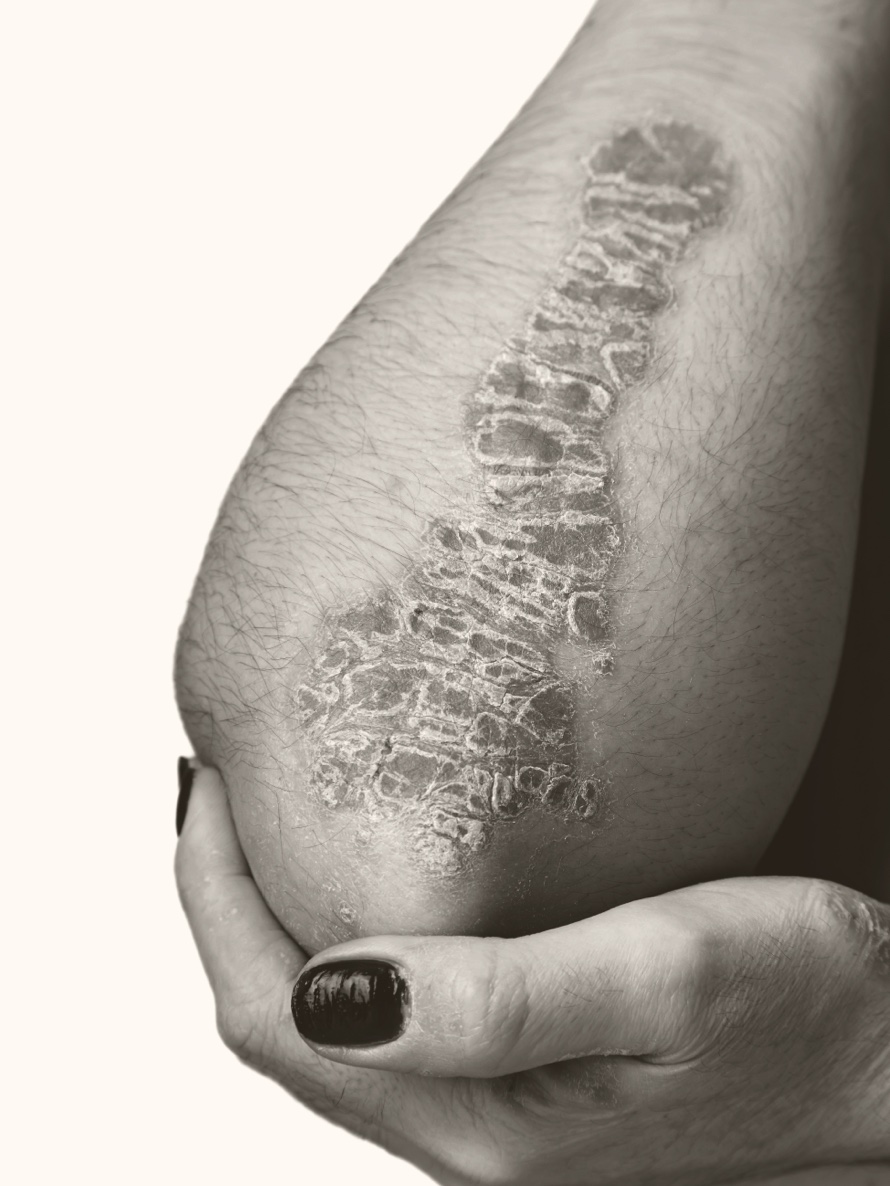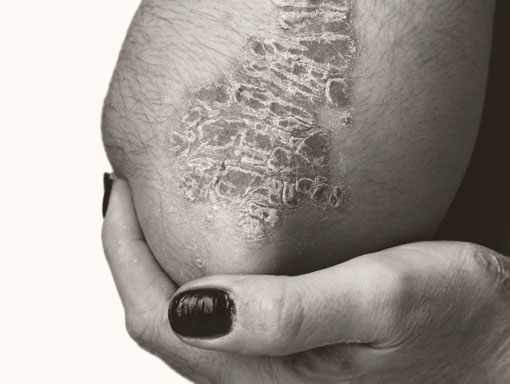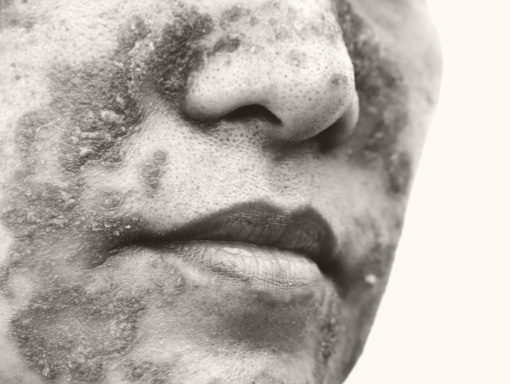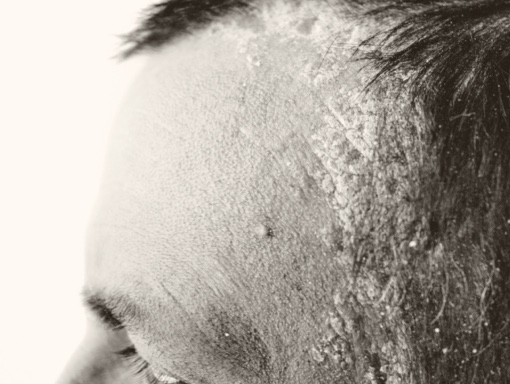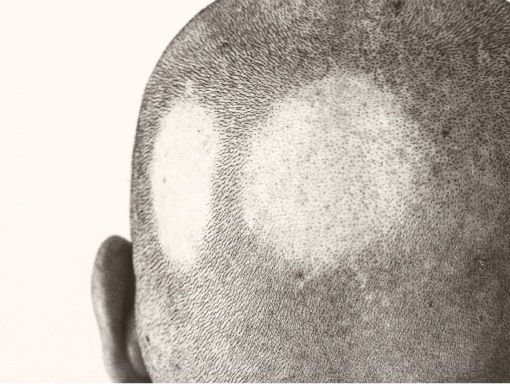Meaningful Innovation
Plaque Psoriasis
Plaque psoriasis is an immune-mediated disease that occurs in approximately 9 million adults in the US.
About 90% of people with psoriasis have plaque psoriasis, which is characterized by “plaques,” or raised, red areas of skin covered with a silver or white layer of dead skin cells. The plaques may have more grayish, purplish, or brownish tones in people with darker skin tones.
Psoriatic plaques can appear on any area of the body, but most often appear on the scalp, knees, elbows, trunk, and limbs. These plaques are often itchy and sometimes painful. Plaques in certain anatomical areas—including the face, elbows and knees, scalp, genitals, and intertriginous areas (psoriasis in areas of skin-to-skin contact)—present particular treatment challenges.
Survey Insights
Uncovering the impact of psoriasis symptoms.
Psoriasis symptoms can range between mild, moderate and severe. However, these symptoms aren’t just physical, and can have a substantial negative emotional impact and affect quality of life as well[i].
To help shed light on these issues, Arcutis Biotherapeutics commissioned The Harris Poll to conduct a survey among 507 U.S. adults (18+) with psoriasis — including a subset of 307 respondents who reported having psoriasis in intertriginous areas at any time — to better understand the emotional impact of their condition and challenges experienced by those affected.
The survey found that for those with psoriasis in intertriginous areas, the emotional impact of their condition can be significant, negatively affecting their relationships and self-esteem.
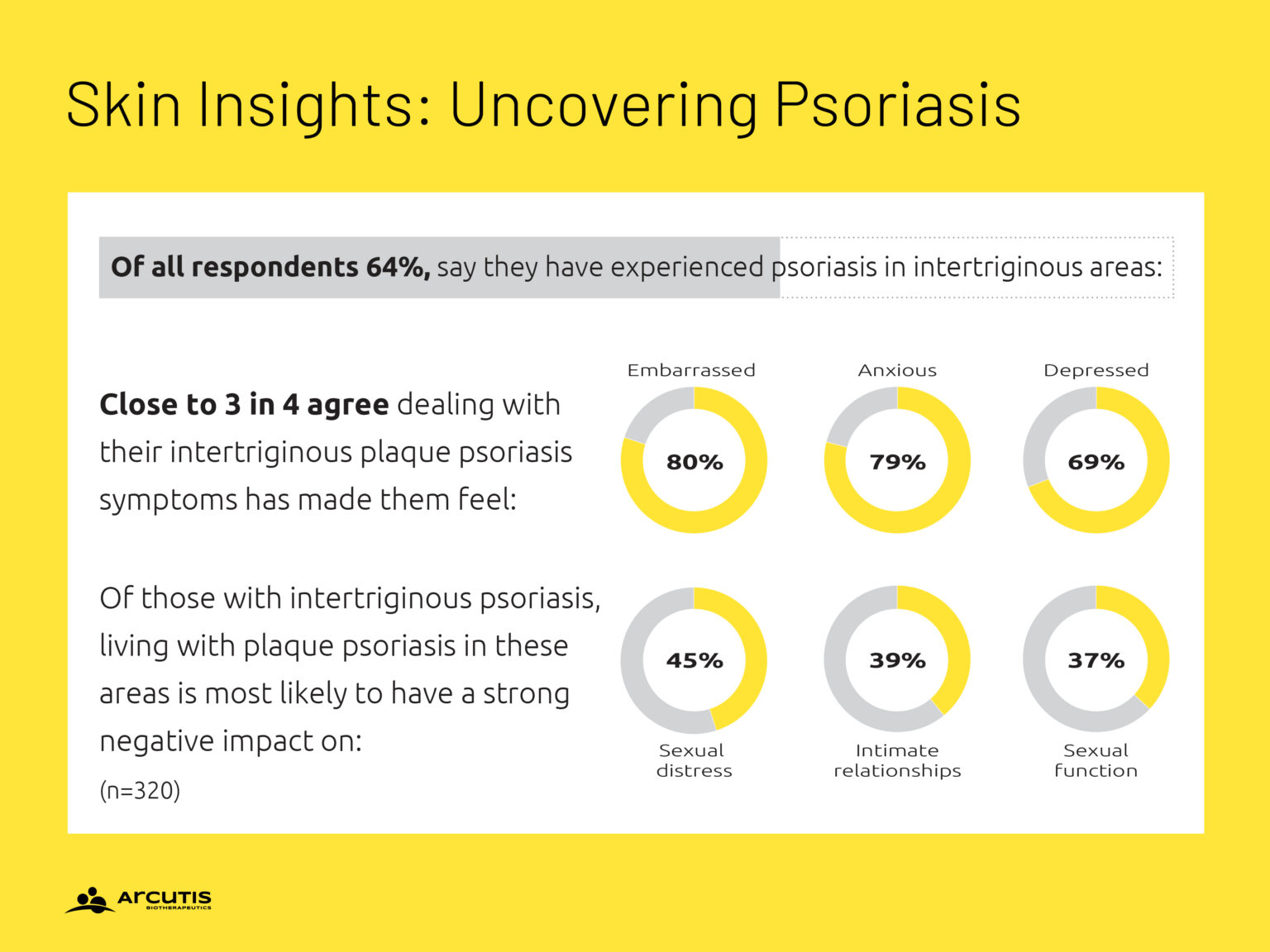
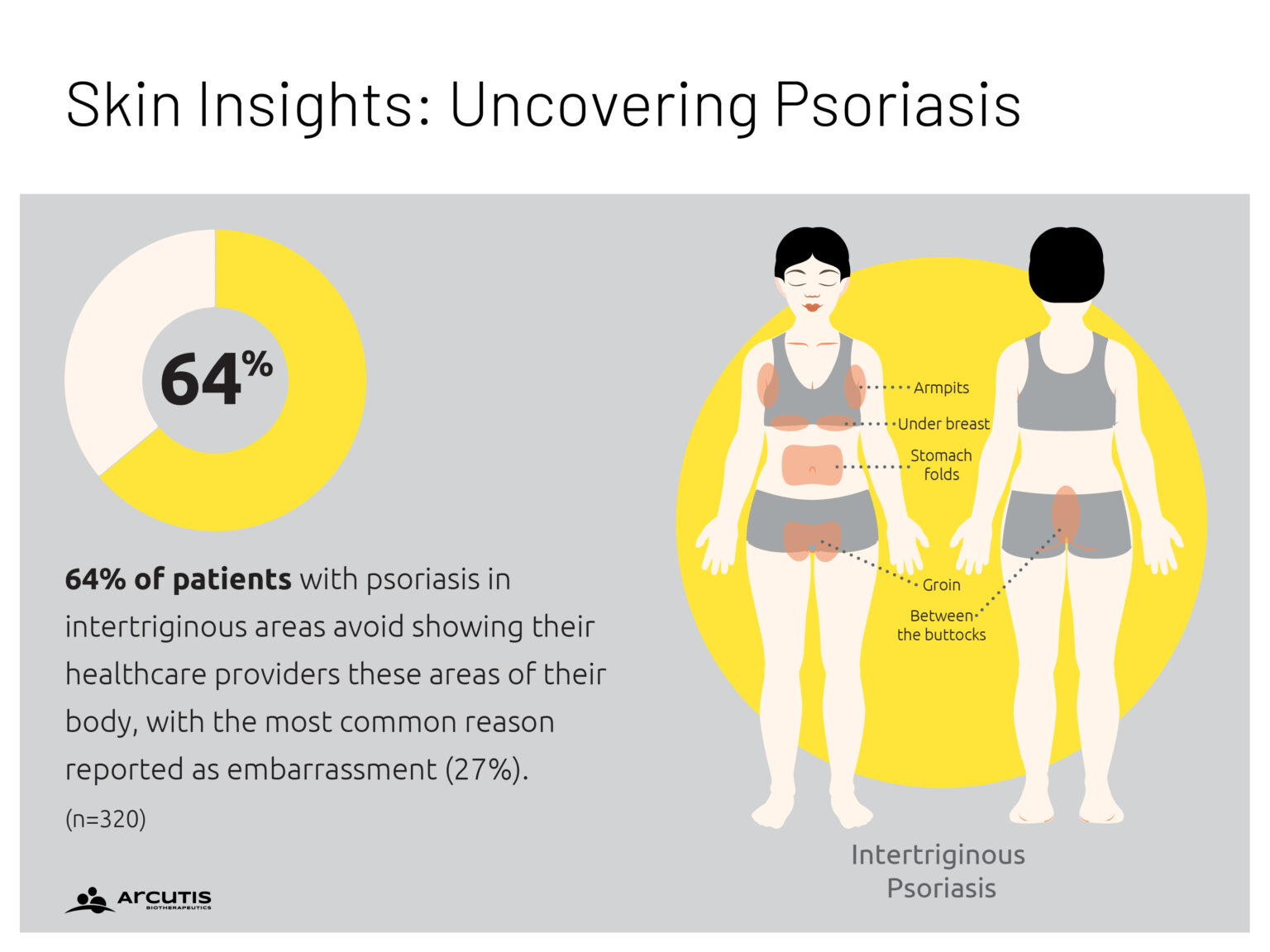
Key insights from the Skin Insights: Uncovering Psoriasis Survey:
- 64% of psoriasis patients say they have experienced psoriasis in intertriginous areas
- Close to 3 in 4 agree that dealing with their intertriginous plaque psoriasis symptoms has made them feel: embarrassed (80%), anxious (79%), and depressed (69%)
- Living with plaque psoriasis in intertriginous areas is most likely to have a strong negative impact on sexual distress/anxiety (45%), intimate relationships (39%), and sexual function (37%)
The Skin Insights: Uncovering Psoriasis survey was conducted online by The Harris Poll on behalf of Arcutis Biotherapeutics among 507 U.S. adults who have been diagnosed with plaque psoriasis by a healthcare provider. The survey was conducted in 2021. The n sizes reported throughout the document are unweighted sample sizes that reflect the actual number of respondents within the sample described, while all reported percentages are calculated based on the weighted data. For detailed methodology, please contact media@arcutis.com
[i] Bhosle, M.J., Kulkarni, A., Feldman, S.R. et al. Quality of life in patients with psoriasis. Health Qual Life Outcomes 4, 35 (2006). https://doi.org/10.1186/1477-7525-4-35
Explore our focus areas.
Broad and deep dermatology pipeline.
Learn about Arcutis’ current clinical programs.
View Pipeline